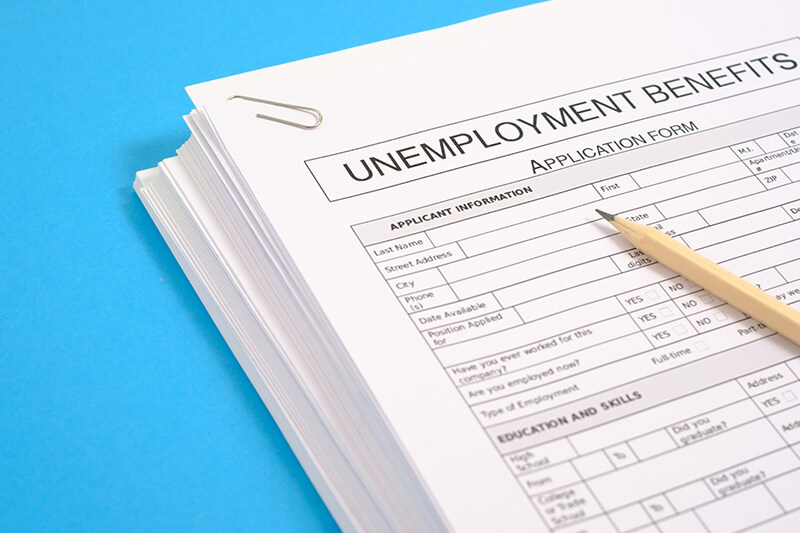Receiving Unemployment Benefits

We are faced with an unprecedented time in our history. COVID-19 has impacted us in ways unforeseen. And for many, this is the first time they have found themselves without employment. Below are answers to some common questions regarding unemployment benefits.
Am I eligible?
Although specific eligibility requirements vary from state to state, most states have the same basic standards for collecting unemployment benefits. They include:
- You must be unemployed or working less than full time
- You must meet certain income requirements
- You must be ready, willing, and able to work
- You must have involuntarily left your job
In general, you won’t be eligible for benefits if:
- You quit your job simply because you didn’t like it
- You’re fired for committing a crime (e.g., stealing)
- You’ve never worked before
For more information, contact your state’s local employment office. You can also look in the state government section of your phone book under Unemployment Insurance, Unemployment Compensation, Employment Insurance, or Employment Service. Or, you can try surfing the Internet using these same key terms.
Where does the money come from?
In most states, unemployment compensation is financed by employer contributions through a payroll tax. In a few states, employees are also required to contribute a minimal amount to the fund.
How do I apply?
Most states will allow you to apply for benefits:
- In person
- By telephone
- By mail
When filling out the application, you’ll be asked a lot of questions, so have the following information handy:
- Your Social Security number
- Your last employer’s name, address, and phone number
- Your last day of work and the reason that you’re no longer working
- Your salary history
- Your proof-of-citizenship status
How are benefits calculated?
Regardless of which state you live in, you’ll receive a weekly unemployment benefit based on how long you were employed and your prior wages. The state will calculate your average weekly wage, and you will receive a percentage of that wage based on your state’s formula. You can figure out your average weekly wage by adding up 12 months’ worth of pay stubs and dividing that number by 52. If you were salaried, just divide your annual salary by 52.
How long can I receive benefits?
In most states, you can receive benefits for up to 26 weeks. However, federal laws and some state laws provide for additional benefits to be paid to workers who exhaust their regular benefits during periods of high unemployment. These additional benefits may generally be paid up to 14 weeks (20 weeks in some states) and are funded partly by state governments and partly by the federal government.
Are unemployment benefits taxable?
The answer to this question comes as a big surprise to many people. Yes, the unemployment compensation you receive is generally taxable. In some states, you can ask that taxes be withheld from your unemployment check. This could save you from a big tax bill at the end of the year. For more information, consult your tax advisor.
At Austin Asset, we are Fee-Only Financial Advisors. We seek to bring clarity and purpose to wealth through authentic and enduring relationships. For Life.